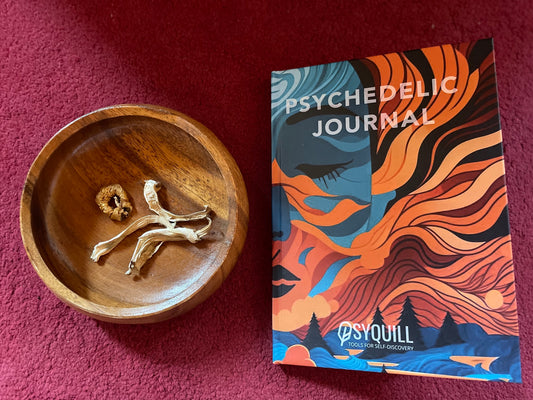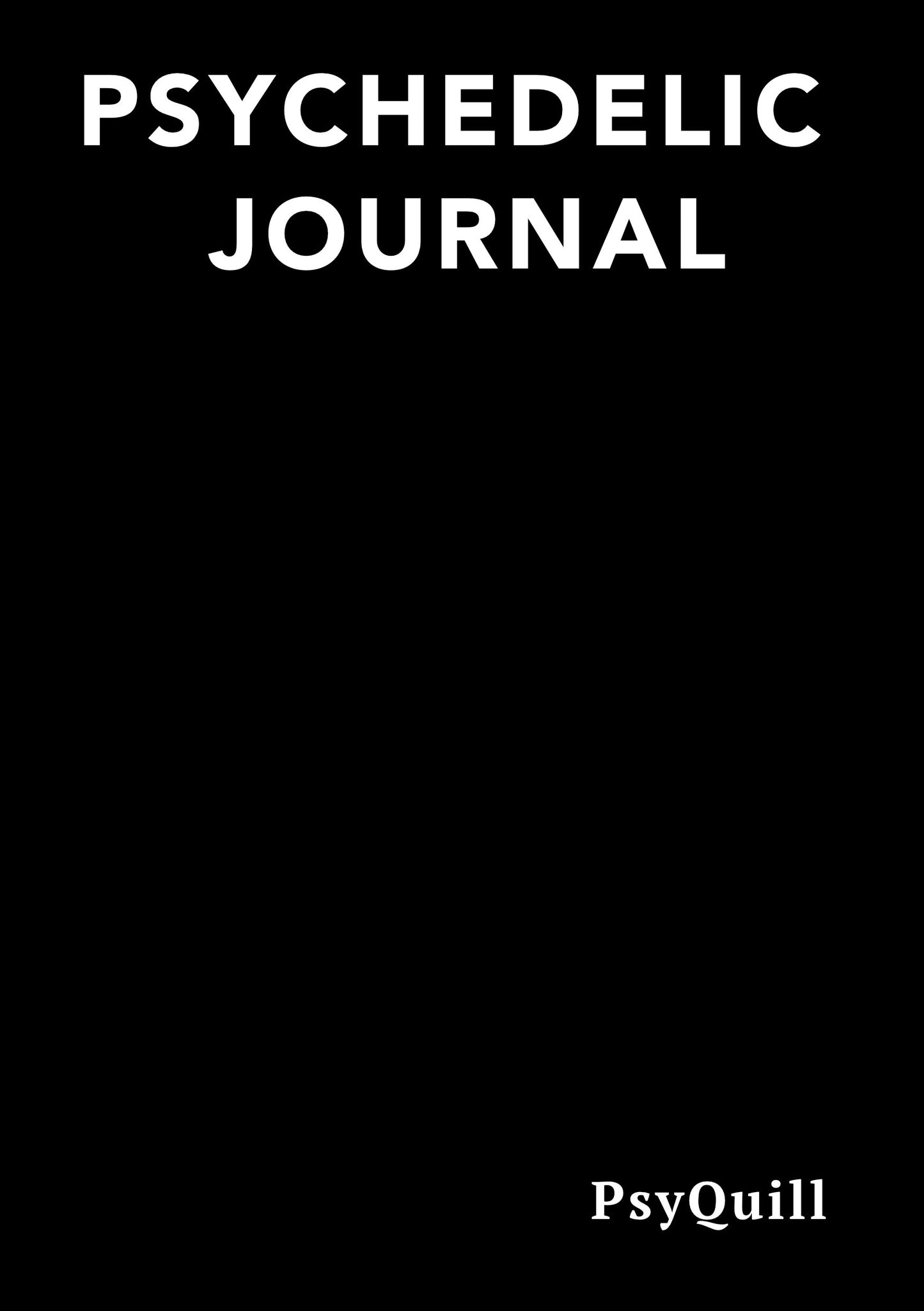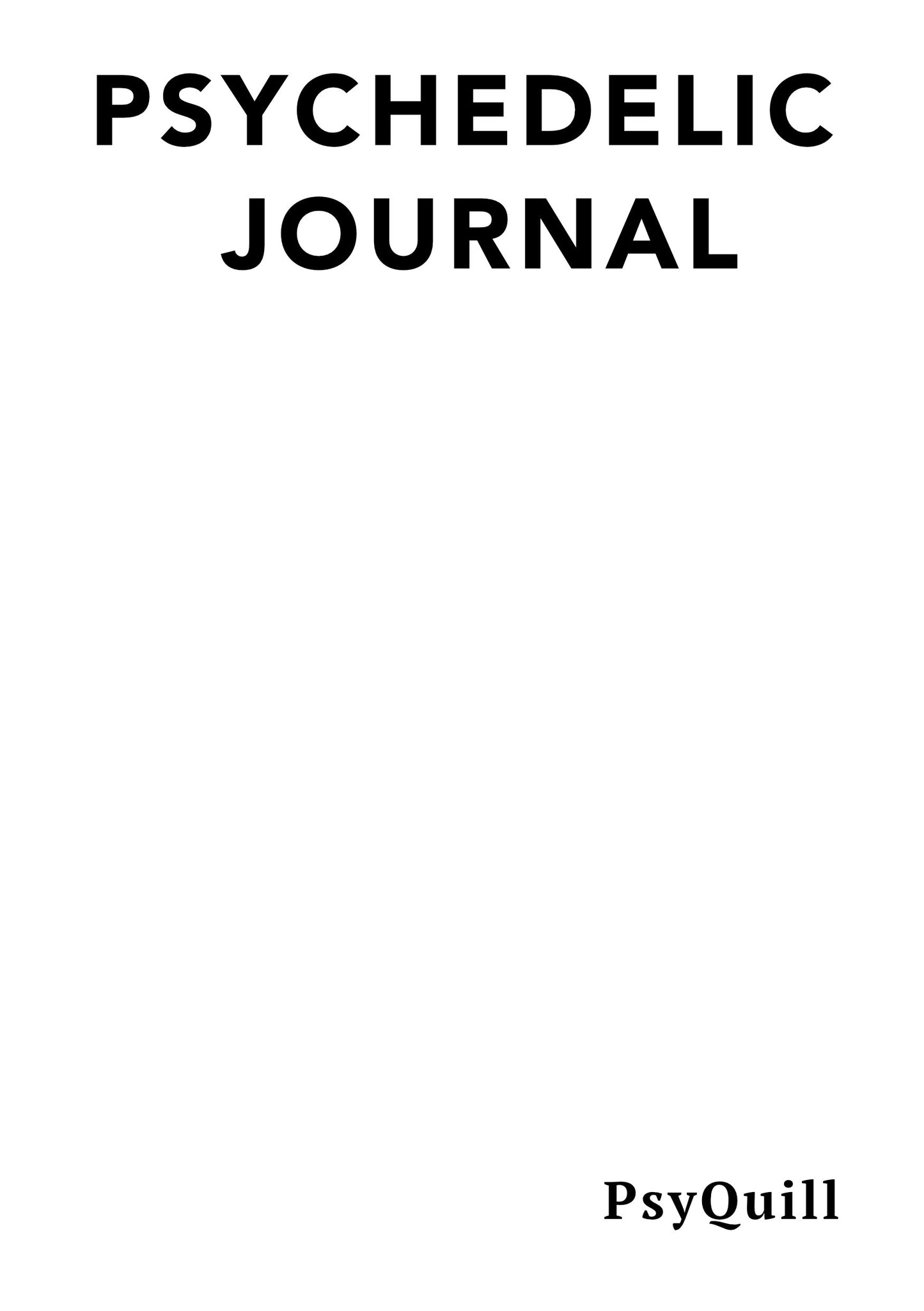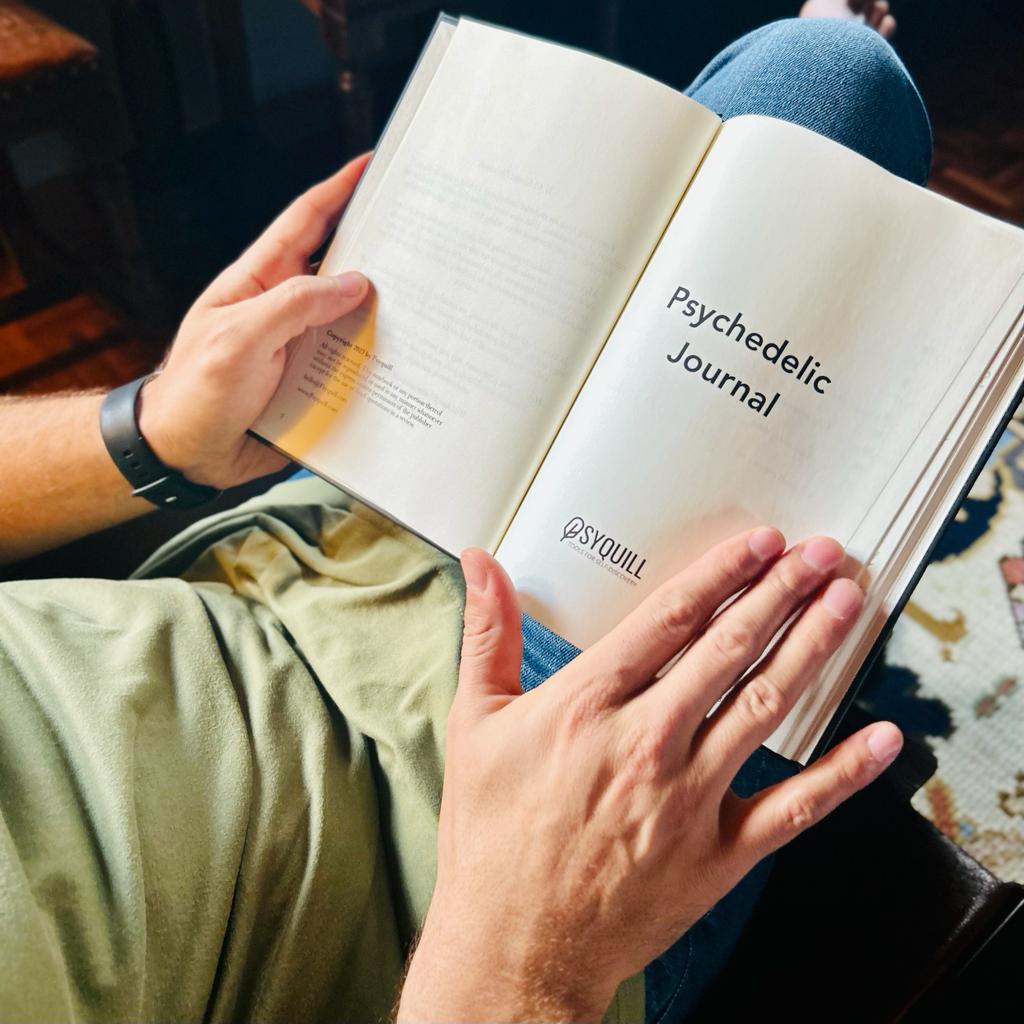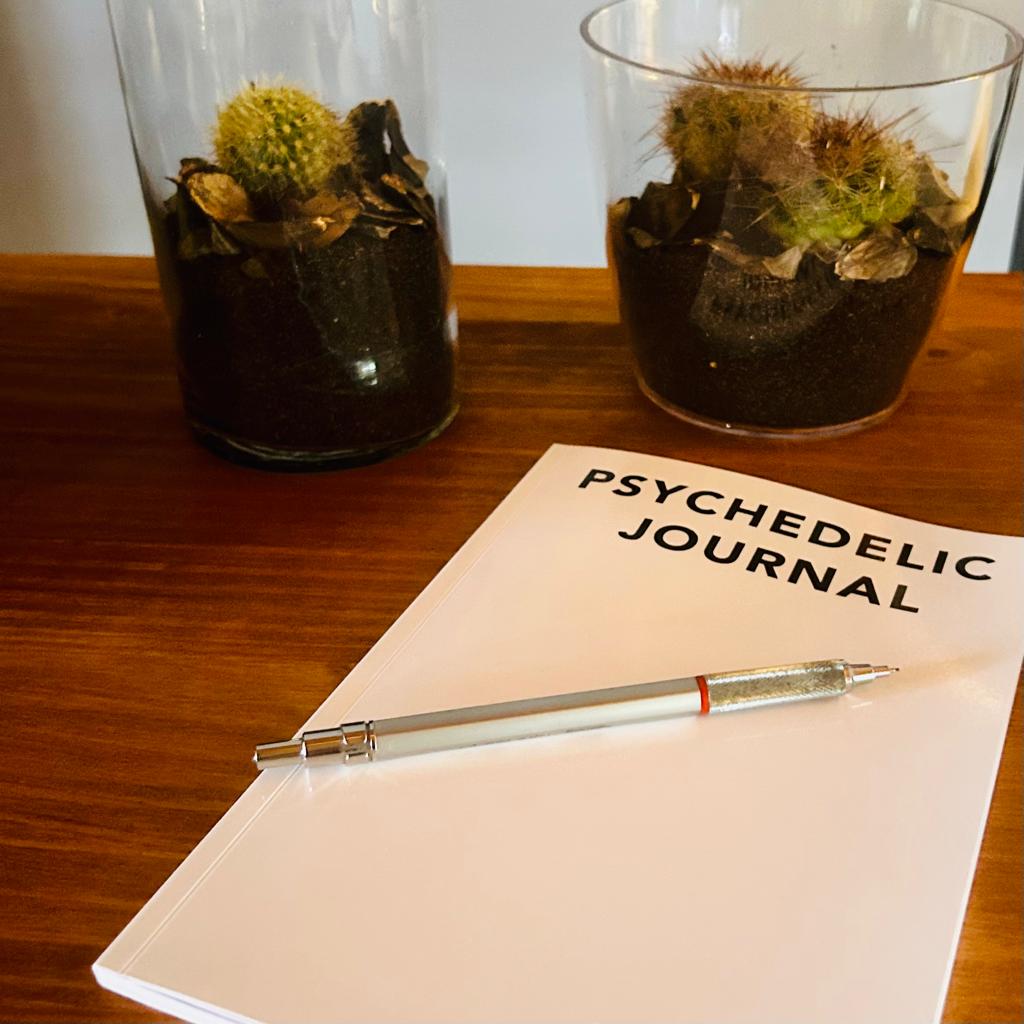Aldous Huxley's "The Doors of Perception" has had a profound influence on the psychedelic self-discovery movement. Published in 1954, the book details Huxley's experiences with mescaline, a psychedelic compound found in the peyote cactus. Huxley's philosophical insights and exploration of the aesthetic, sacramental, and spiritual aspects of the experience inspired a generation to explore their own consciousness through the use of psychedelics.
The Experience
In May 1953, Huxley experienced the effects of mescaline under the supervision of a psychiatrist. He described the experience as a profound alteration of perception, where everyday objects took on new significance and beauty. Huxley felt that the experience allowed him to see the world as it truly is, stripped of its usual interpretations and associations. He compared the experience to the "purely aesthetic" and "sacramental" vision of the world described by artists and religious mystics.
Philosophical Insights
Huxley's experience led him to reflect on the nature of perception and reality. He concluded that the human mind acts as a reducing valve, filtering out the vast majority of sensory input to create a manageable and coherent version of reality. Psychedelics like mescaline temporarily open this valve, allowing us to perceive the world in a new and expanded way.
Influence on Psychedelic Self-Discovery
"The Doors of Perception" became a seminal work in the psychedelic movement of the 1960s. It inspired many people to explore their own consciousness through the use of psychedelic drugs. Artists, musicians, and writers were particularly influenced by Huxley's insights, leading to a surge of creativity and experimentation in the arts.
Conclusion
Aldous Huxley's "The Doors of Perception" continues to inspire those interested in exploring the mysteries of consciousness and the nature of reality. Its philosophical insights and detailed account of the mescaline experience make it a must-read for anyone interested in psychedelics and self-discovery.




